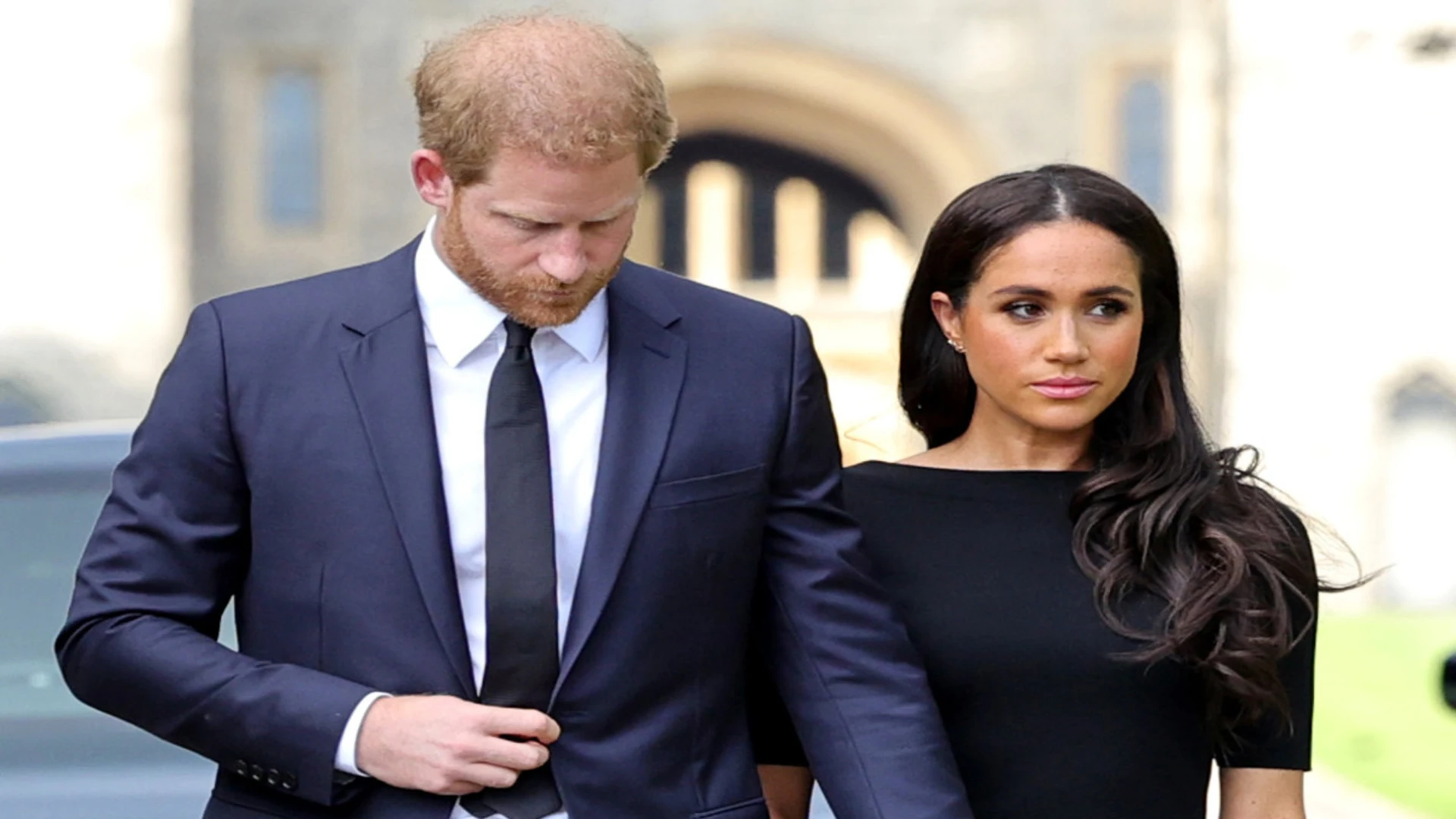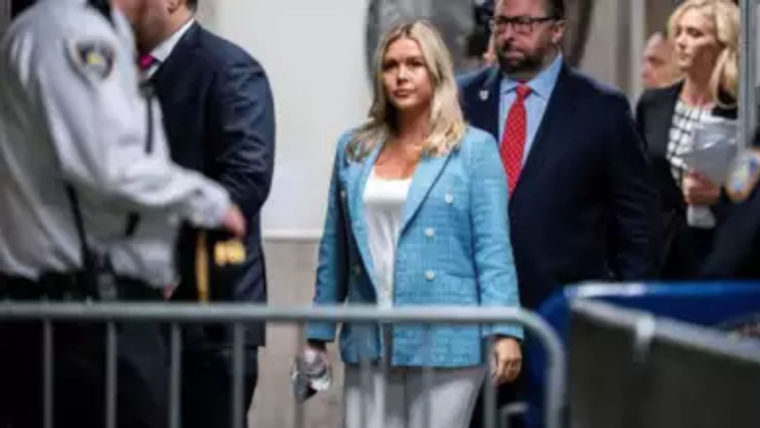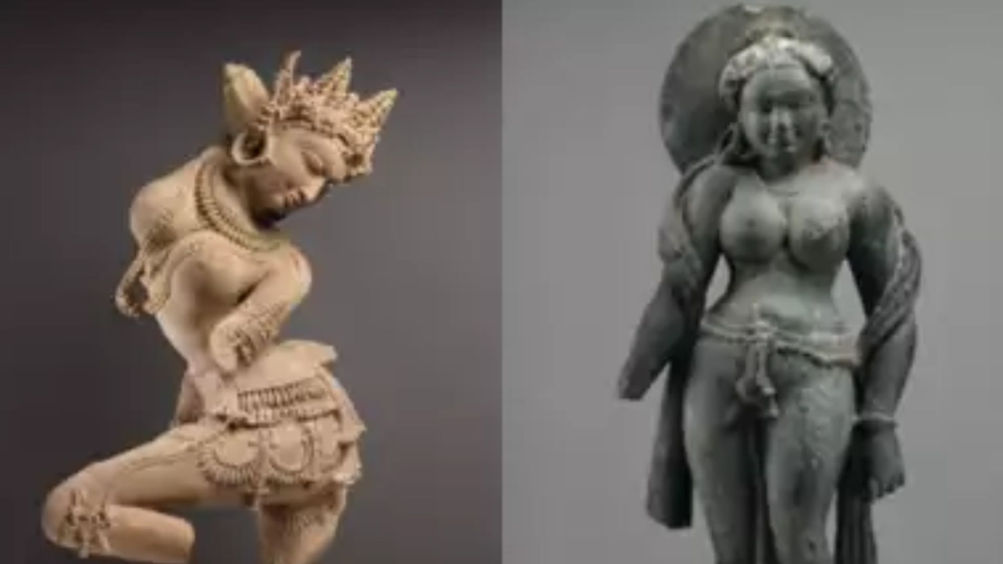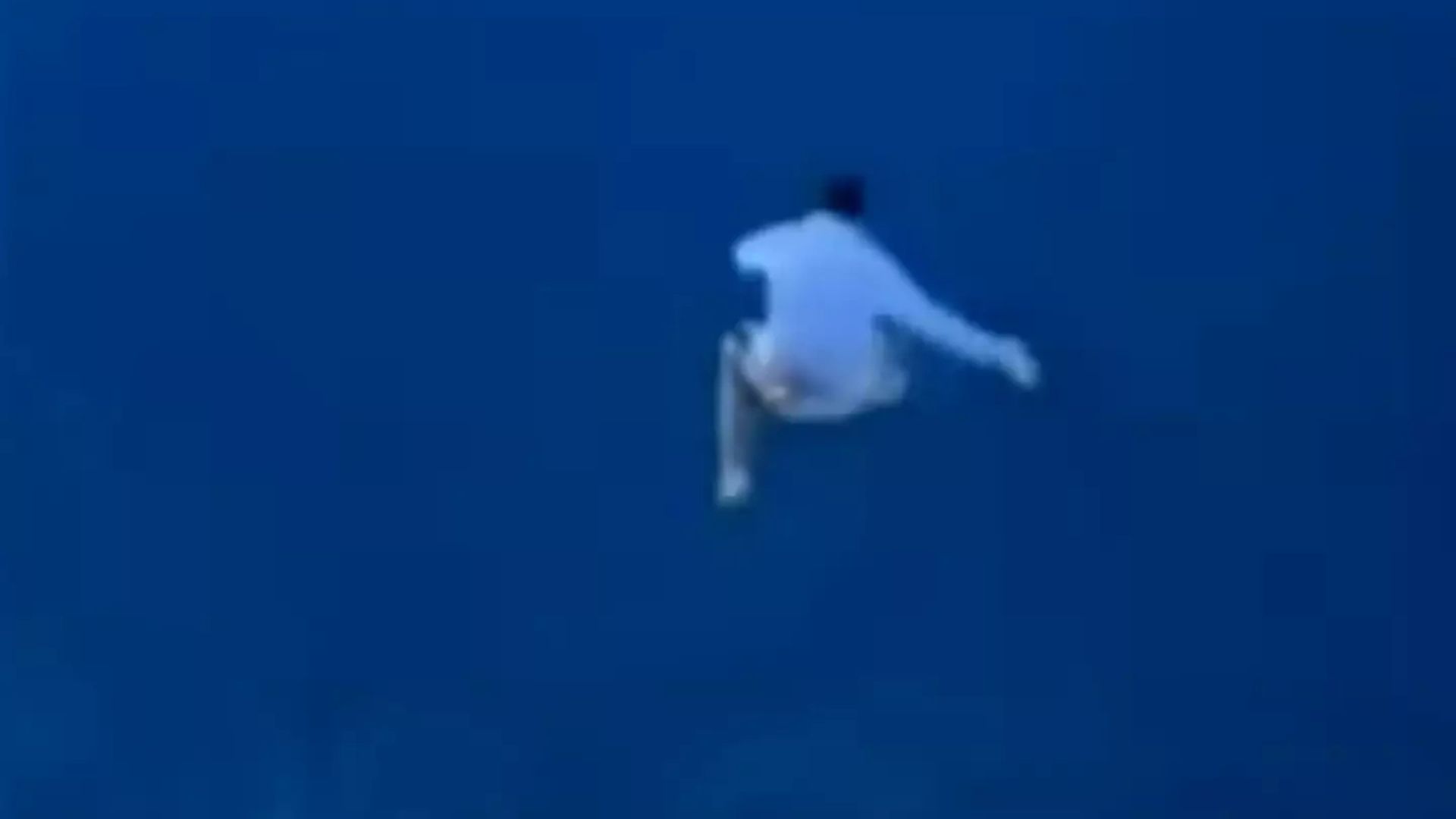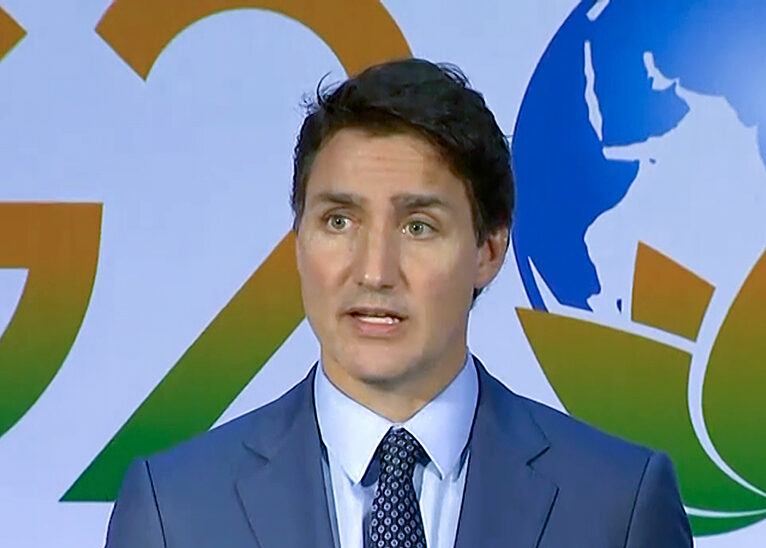
What caused Canadian Prime Minister Justin Trudeau’s allegation in the Canadian Parliament about India’s potential link to the murder of Khalistani terrorist Hardeep Singh Nijjar on Canadian soil? It was a serious allegation to make about the world’s largest democracy and at the time of writing, there is no sign of the credible proof that Trudeau spoke of. Instead, a day later, we have had Trudeau dialing down his rhetoric by saying that he was not looking to “provoke” or “escalate”, but to work with the Government of India to ensure that it lays everything clear and follows “proper processes”. Given that Trudeau’s own record is dubious at best when it comes to following “proper processes” to curb Khalistanis on his soil, his expectations from India are a bit rich. Trudeau runs a minority government, in alliance with Khalistani Jagmeet Singh’s NDP, whose vote bank forms a major part of the alliance’s support base, which Trudeau cannot afford to alienate. Not very popular, especially post the crackdown on the truckers’ protest, plus under fire for allowing the Chinese to infiltrate every level of governance, and becoming a laughing stock at the G20, it helps Trudeau to have the focus shifted to an imaginary enemy—India and its Prime Minister. With his declaration, he has firmly shifted the narrative at home towards the bogey of “Canada under attack”, so much so even his opponents have had to come out in his support. Reports are that the Canadian media has been “inspired” to speak non-stop about the international-rules violations committed by India by assassinating an innocent “Sikh community leader” on Canadian soil, and thus interfering in Canadian affairs and compromising Canadian sovereignty. Apparently, there is no mention that this “community leader” was a proscribed terrorist, had an Interpol red corner notice on him, and that Canada repeatedly refused to grant him citizenship. And this is just the tip of the iceberg of Nijjar’s crimes. The matter is now fully political, with Trudeau stoking the flames of nationalism in his country. If India-Canada relations fall victim to it, so be it. A country with whom you have bilateral trade worth only $8 billion, is expendable according to Trudeau. India is not China, a country with which Trudeau’s personal connection goes back to his father Prime Minister Pierre Trudeau’s time. The young Justin was taken to the Tiananmen Square, soon after the massacre, on a vacation. Lest we forget, Pierre Trudeau was a friend of Mao Zedong and young Justin’s indoctrination in Mao’s ideology cannot be ruled out. Justin Trudeau has carried his soft corner for China to the Prime Minister’s office, to the extent that he has been accused of allowing the Chinese to use Canada as a gateway to the West; apart from converting Canada to a Chinese listening post along the United States border. Such is the level of Chinese penetration into Trudeau’s government that there is speculation if he is acting as China’s henchman against India, in a bid to drive a wedge between India and the West, specifically the United States and also to try and cripple the Quad.
That Trudeau has been trying to play a geopolitical game should become apparent from the fact that he has been sending emissaries to his Nato allies, complaining about the “assassination carried out by India”. Media reports say that as a Nato member he wanted a joint statement from all other Nato countries, condemning India. But he is a geopolitical lightweight so his allies paid scant attention to him. In fact, even after he made his allegation public, all that the G7 countries did was to issue some anodyne statements. The question here is, what was he hoping to achieve by naming and shaming India? Was it an attempt to paint the Indian PM as a Vladimir Putin or Mohammad Bin Salman-like figure, who according to the West, has sent assassins to bump off opponents in foreign land? If that is the case then Trudeau would have overestimated his geopolitical heft and underestimated India’s and Prime Minister Modi’s global pull. At a time when the western world is trying to woo India to its side, Trudeau, a weak leader even domestically, does not have it in him to mould geopolitics. Worse, it would take someone extremely vacuous—or totally influenced by China—to rub the wrong way a major Indo-Pacific economic and military power like India. Also, the sanctimonious rage about assassinations on foreign soil is hypocritical, given that history is dotted with examples of Nato countries carrying out similar assassinations and then advertising those as an achievement. India is not guilty of such assassinations, the West is.
Opinion is hardening in India about Trudeau’s shenanigans, a reflection of which is the Ministry of External Affairs’ advisory to Indians travelling to Canada or residing there, asking them to watch out for “politically-condoned hate crimes and criminal violence”. So basically India called out Trudeau just like it would call out the tinpot generals ruling Pakistan. But the threat is real, for Trudeau has made Hindus staying in Canada a target of the Khalistanis. The Khalistani rhetoric has become incendiary, threatening physical violence on Hindus. It is hoped that Trudeau, even though he is a supporter and enabler of terrorism, will follow the rule of law for once and mete out punishment to those spreading hatred against India and Indians.


